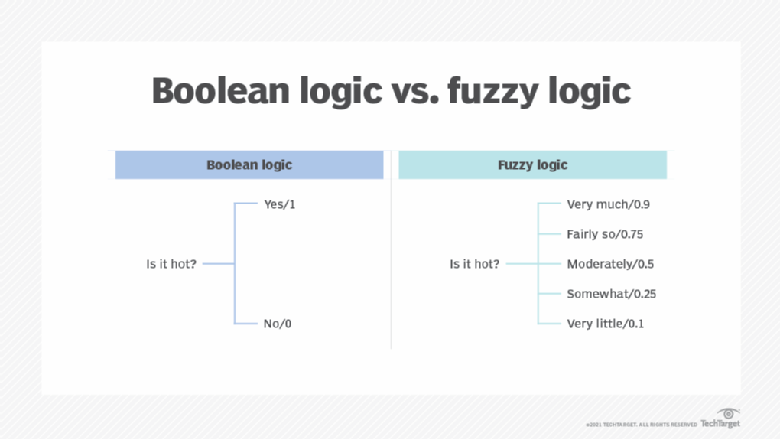It is weird that quantum theory tells us that space and time is pixelated, at the Planck scale, rather than being smooth and continuous.
A pixilated, granular reality does seem obliquely more digital.
A pixilated, granular reality does seem obliquely more digital.
Do We Live in a Computer Simulation?
The Computer Simulation Hypothesis
It’s possible that there is only one physical universe, but multiple computer-simulated universes—that’s the kind of multiverse we might live in. Philosopher Nick Bostrom argues that the likelihood that we ourselves live in a computer simulation is directly proportional to the probability that we will one day develop computer simulations ourselves. And if we do, it’s most likely that we live in one of the simulated universes. Because it’s about 20 percent likely that we will create a simulated world—and, thus, there are billions of them—the likelihood that we live in a computer-simulated world is much higher than you probably think: 20 percent.
Source credit: David Kyle Johnson, philosopher of science
Last edited:


